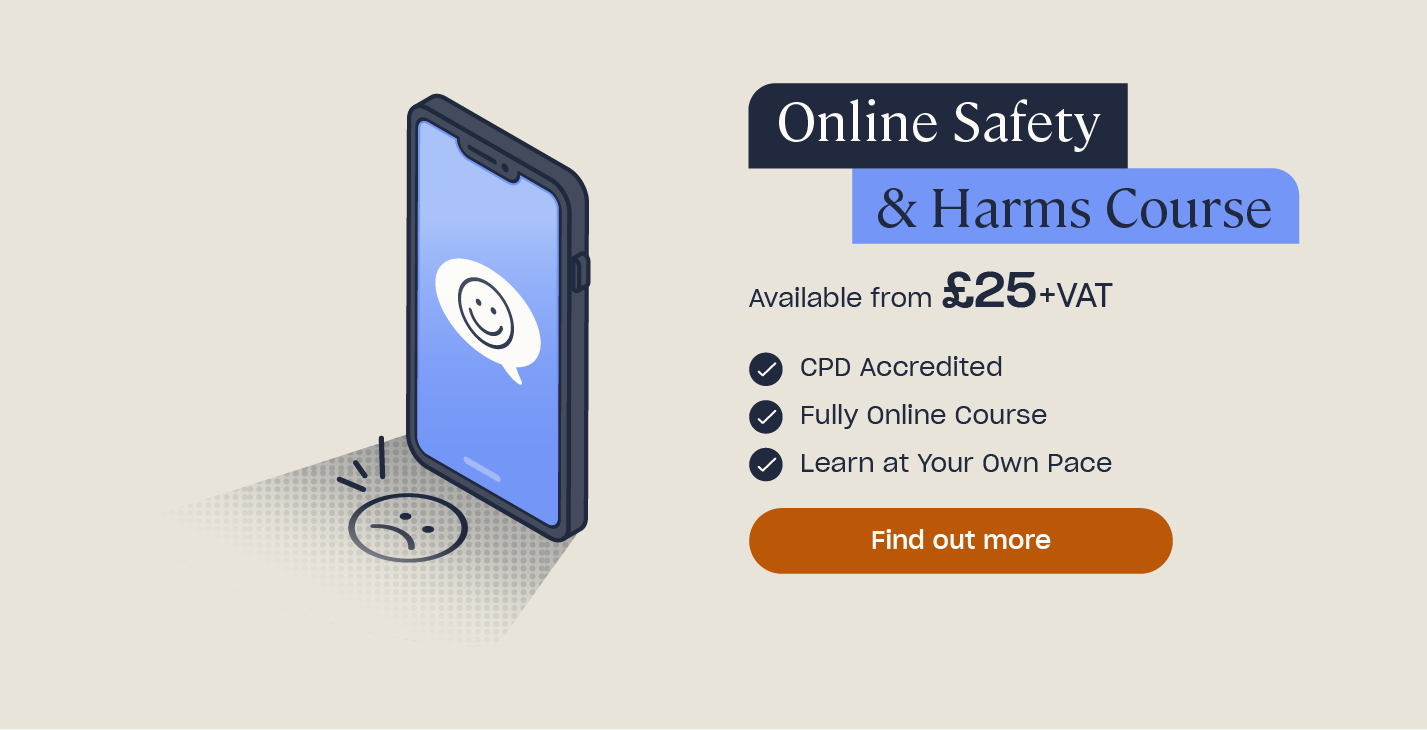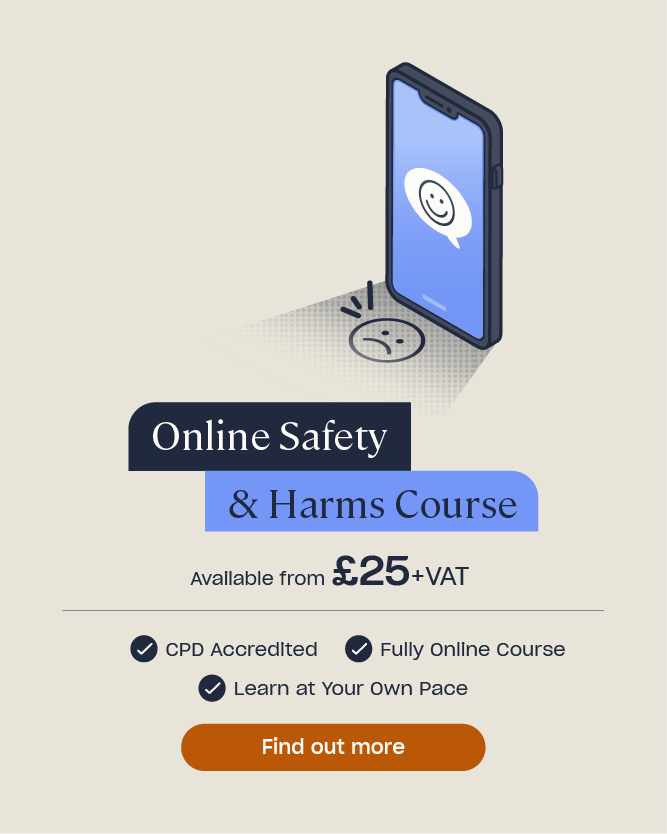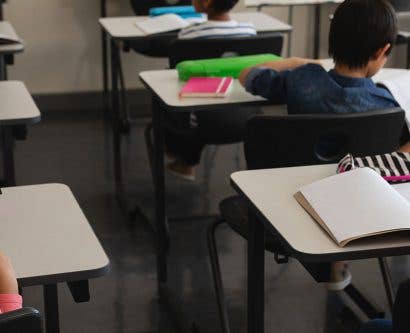Sharenting: Your Guide to Safeguarding Your Children Online
To mark Safer Internet Day 2023, our safeguarding experts carried out research to discover how the nation’s parents and grandparents navigate social media; do they post images of their children or grandchildren online? Do they share other information such as their name, age, and school online? Do they use private or public accounts?
Whilst there’s no official regulation around posting images of your own children online, there are ways to ensure that you’re doing it in the safest way possible – read on to discover our top tips for using social media as a parent, or guardian, in 2023.
Why is Safeguarding Children Online So Important?
The internet and social media are amazing tools which have created many jobs, made our lives much easier, and enabled people to keep in touch during times of hardship. There are, however, darker sides to these tools, which is why it’s so important to put safeguarding measures in place when it comes to social media use.
These days, children are taught about safe internet use as part of the school curriculum from primary right through to high school. This proves to be a positive introduction over the last couple of years, ensuring that children understand what they should and shouldn’t share online, and the risks that come with using social media. One of the key topics which children are taught is around how data is shared and used online – but do parents, who may not have undertaken such classes, understand the potential outcomes of sharing sensitive and personal information online?

What Does our Research Show?
To find out just how many share images, along with other information about their children on their social media profiles, our safeguarding experts asked more than 2,000 UK parents and grandparents a series of questions on the topic, and Dr Richard Anderson, head of learning and development shares his thoughts on the results:
Everyone uses social media differently, and often it is used as a tool to keep in touch with distant relatives and friends. Whilst we’re not here to judge any individual’s personal choices, as experts in safeguarding we want to share some top tips on keeping yourselves, and your children, safe online.
Dr Anderson
The research revealed that 45% of parents and grandparents never post pictures of their children (/grandchildren) online, whilst nearly one in ten (9%) post, but choose to obscure the child’s face, and hide their identity. On the other hand, 40% do post images of the children online without hiding their face.
The majority of those that are happy to share the images without hiding the child’s face have a private social media profile (59%), and, interestingly, 17% are worried that posting images of their children/grandchildren online will put them at risk.
Promisingly, of the 2,014 surveyed, only 12% have a public social media profile.

Richard comments: “If you want to post an image of your child or grandchild online, the safest way to do so would be on a private account, which is only accessible to people you know well and trust to have the image/information associated with your child at the click of a button. Public accounts can be viewed by anyone, and whilst it might seem unlikely that your images and information might fall into the wrong hands, you simply never know who’s looking, so it’s much safer to keep it to a tight knit group that you know personally, and trust completely.“
Of the information they’re willing to share about their children online, whilst nearly half (45%) admitted that they wouldn’t be happy revealing any of the following on the internet…
- Nearly a third (31%) would share the child’s age
- Almost a third (31%) would share their name
- One in 10 (10%) would share their school / images of their school uniform
- 5% would share medical information
When it comes to the parents who share their children online, 55% will also share their name, 46% will share their age, and 16% would be happy to share their school.
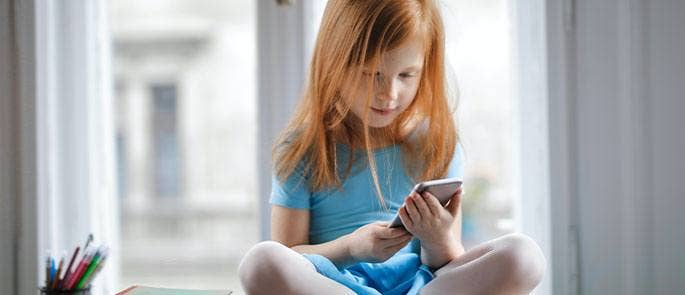
Of the parents and grandparents with a public profile, less than one in five (17%) would be happy to share their child’s school, however more than a third (35%) would share their name and age.
Richard adds: “It’s definitely promising to see that so few of the parents and grandparents, especially considering those that do post images of children online, use public profiles. However, with information such as schools/school uniforms, we would recommend keeping this withheld even on private profiles.
Nowadays parents often share cute snaps of their children on their first day of school, or their yearly school photographs, which is understandable, however it would be recommended that you remove the school badge from their uniform to ensure their school is not identifiable. You can do this with an emoji, a sticker or by scribbling over the logo using your camera app.“
The Issue of Consent
Another argument in the debate surrounding whether or not to post children online is consent. Should parents ask for their children’s consent before sharing images of them? According to YouGov Profiles, a quarter of parents with a child aged 16 or under (26%) believe that consent should be requested before posting an image of a child, whilst 58% disagree, stating that they should be able to post without asking permission.
Real Parents Weigh In
What each parent is comfortable with sharing about their children on social media varies from family to family. Some parents, like Hester Grainger, co-founder of Perfectly Autistic, share some information about their personal situation, whilst taking steps to conceal the identity of the children and respect their privacy.
Hester says: “We are a husband and wife team that run Perfectly Autistic, a neurodiversity consultancy and Facebook community. We sometimes share stories about being a neurodivergent family on social media; my husband and children are all autistic and we are all diagnosed with ADHD. If I do use a photo of the children to go with the post, it’s always from the back or where they can’t be identified.
I am very aware that I don’t want our children having a large digital footprint before they are even old enough to have their own social media accounts.
Even when I post on my private Facebook profile, I ask permission from my children. I check they are ok with me doing so and if they are happy with the photo. If they aren’t, I won’t post.
Everyone is entitled to their own views when it comes to whether or not they feel comfortable posting photos of their children, it’s down to each parent and family, with what works for them.”
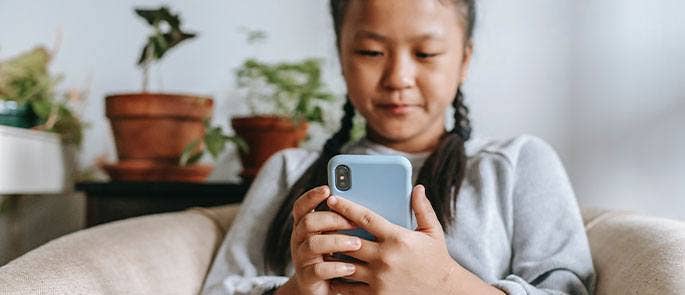
Armani, mum of a three- year-old, shares:
“I’ve shared photos of my child on social media less than a handful of times in the three years he’s been here. I don’t share photos of his face, in the past I’ve uploaded pictures of the back of his head. My family members also know not to share images either, and I’ll opt for sending updates in private messages or family group chats instead of uploading to my social channels.
Working in digital, I know how little control we have over things we share online, there’s absolutely nothing stopping people screenshotting or sharing images, and when your child is the most precious thing to you, it’s important we think about approaches to their digital safety. I always say, “I wouldn’t print 1,000 pictures of my child and leave them at Heathrow airport for anyone in the world to take and do what they please with, and it’s the same thing with sharing images online.”
Carl MacDonald, Blogger at PremDad shares:
“I have two social presences; a private personal one, and an open one that promotes my blog. My twin sons were born premature and I now blog about the experience, so on those profiles I only share photos of them with their faces obscured or not visible. That’s just because I respect their right to privacy and of course I don’t personally know all of my followers.
I do post them on my private profiles because they’re only visible to people I’ve explicitly allowed and whom I trust, so I believe there’s less of a risk to their privacy.”

So, what are the some key takeaways on how to keep yourselves, and your children, safe online?
- Keep it private
If you do want to share images or information about your children online, the safest way to do so is using a private account. If your online circle is a small group of people that you know and trust in real life, there should be no concern that your images or information will end up somewhere you’d be uncomfortable with.
- Think twice about sharing personal information
Avoid sharing personal information such as your child’s school. Also any other personal information such as your house number, your car registration plate etc. When people move house, or especially when buying a house for the first time, you see a lot of images of them standing outside the house holding the keys. Again, similarly to the school, giving away this type of information could potentially be dangerous.
“Whilst it may seem extreme, again, you simply don’t know who’s looking at the information you’re sharing, and what their intentions are. For example, take Kim Kardashian – whilst of course Kim has a huge public following and therefore the circumstances are pretty unique, after her horrific ordeal in Paris, the robbers claimed that they used Kim’s social media to understand where she was, and what they could steal from her.”
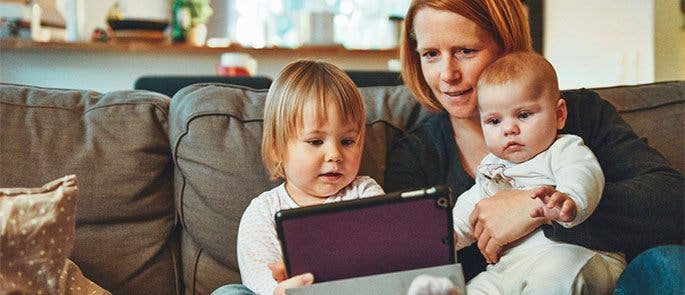
- Ask for the child’s consent
If your child is old enough to understand, we would also recommend asking their consent before posting online. If your child is too young to provide consent, then consider whether it may be best to be cautious with the information you share before they are able to give permission. Is it something they might be unhappy with being online when they’re older? If so, it might be best to refrain from sharing online. Also, if your child says they’re happy but then years later decides they don’t want those images online, you should respect their wishes and privacy and delete them.
It’s important to have open communication with your children on these topics, ensure they understand the potential risks of posting on social media, ask what they’ve been learning about the topic at school and ensure that they feel comfortable having a conversation about it with you. Having these conversations from a young age will also encourage your child to have a healthy relationship with social media as they get older and potentially create their own accounts.
- Never share other people’s children (without consent)
If you’re a parent of school-aged children, you’ll likely have been asked by teachers to not share images and videos of events such as assemblies and nativity shows online. Unless you have the consent of the parents of every child in your photo/video, you shouldn’t be posting them on social media.
- Take a safeguarding online course
If you’re keen to understand more about safeguarding children online, you can take our online safety and harms course. It’s important as a parent to understand not only your own position on social media, but when your child is of an age where they might begin exploring social media themselves, keeping on top of trends, understanding the pressure children face online and having open and honest discussions with them is key to ensuring they are staying safe.
Dr Anderson adds: “Whilst the government continues working on the long-awaited Online Safety Bill, it will be interesting to see how conversations on the topic develop. As online safeguarding experts, we’re backing the bill and are keen to see it pushed through parliament, to ensure that safeguarding children is the top priority when it comes to social media use.”
Further Resources:
- A Guide to Emojis and Texting Abbreviations
- How to Teach Children About Healthy Relationships
- Parents’ Guide to Twitter
- How to Respond to Dangerous Online Challenges: Guidance for Schools
- What are the Best Practices for Online Teaching & Learning?
- Online Safety & Harms Course


